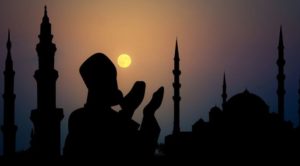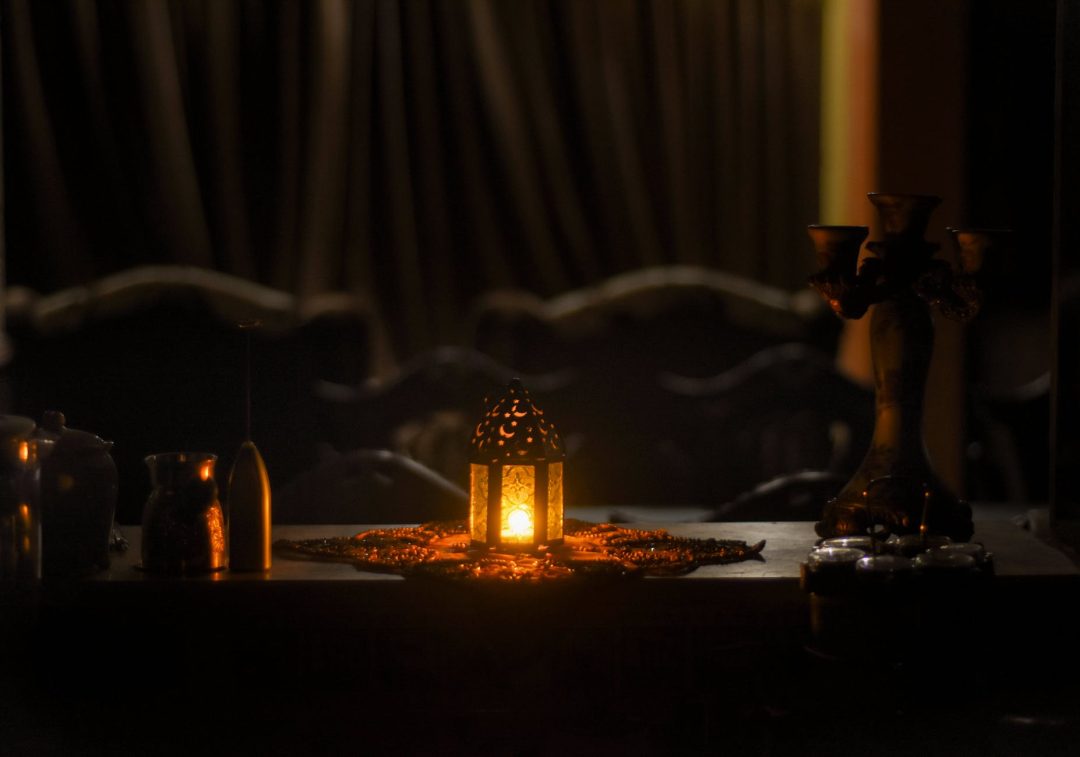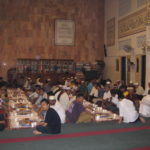The basic traditions of the holy month of Ramadan are observed in the US, just as they would be done in any Muslim country around the globe.
Ramadan, the ninth month of the Islamic hijri calendar, requires all Muslims to abstain from food and drink, physical intimacy with spouse and any bad habits in general from sunrise to sunset each day. The only difference is that in the US, Muslim-Americans are of very diverse backgrounds and national origins which add more color, flavor and diversity to the traditional Ramadan rituals.
In most Muslim countries, the streets empty at sunset enabling the Muslims to have iftar at home with their families. The working hours in banks, offices and educational institutes are also decreased so that Muslims can focus more on worship in this special month. The Muslim-Americans however, have to adjust their Ramadan practices to the rhythm and demands of American life and they manage to do so with great aplomb.
In 2013, American Muslims will go without food and water in Ramadan for almost 17 hours while carrying out their usual duties and jobs. They will also gather in mosques and Islamic centers across the United States each night to worship, pray, recite the Qur’an and break the fast together with their community and celebrate their faith.
The Ramadan in US
The month of Ramadan in US usually starts with the greetings from the Oval Office as the current American President sends salutations to more than 1.2 billion Muslims around the globe. This is usually followed by an iftar dinner at the White House where prominent Muslim Americans are invited.
 According to CNN, the tradition of hosting an Iftar dinner at the White House began under President Clinton and has been continued by both President Bush and President Obama. The invited guest list usually includes elected officials, religious and grassroots leaders in the Muslim American community, and leaders of diverse faiths and members of the diplomatic corps.
According to CNN, the tradition of hosting an Iftar dinner at the White House began under President Clinton and has been continued by both President Bush and President Obama. The invited guest list usually includes elected officials, religious and grassroots leaders in the Muslim American community, and leaders of diverse faiths and members of the diplomatic corps.
For general Muslim-Americans, Ramadan also serves as an opportunity to educate the American public about their religious observance and the Islamic faith in general. For this purpose, Muslim students invite their friends for iftar on campuses.
Local mosques and Islamic centers arrange open house lectures on Ramadan and Islam and host interfaith Iftar dinners
The sale of dates, fresh fruits, halal meat and other stuff skyrockets as people buy groceries in large quantities to prepare sehr and iftar meals for families and friends.
Ramadan is giving charity and helping those in need
While Muslims go hungry and thirsty for few hours each day for a month, for some people around the globe that is common their whole life. Ramadan enables the fasting believer to feel the plight of those less fortunate. Hence Ramadan becomes a time of gratitude to Allah for all the blessings and empathizing with the poor. To help the needy, not necessarily all Muslims, Islamic centers and mosques in US urge the Muslim community to donate clothes, money and food for the homeless and destitute.
 Although there are no official figures, the United States is believed to be home to between 6-8 million Muslims of diverse backgrounds. A US survey has revealed that the majority of Americans know very little about Muslims and their faith. Ramadan hence becomes an ideal time for American Muslims to reach out to their compatriots and offer a better understanding of their faith while observing their religious practices and traditions.
Although there are no official figures, the United States is believed to be home to between 6-8 million Muslims of diverse backgrounds. A US survey has revealed that the majority of Americans know very little about Muslims and their faith. Ramadan hence becomes an ideal time for American Muslims to reach out to their compatriots and offer a better understanding of their faith while observing their religious practices and traditions.






